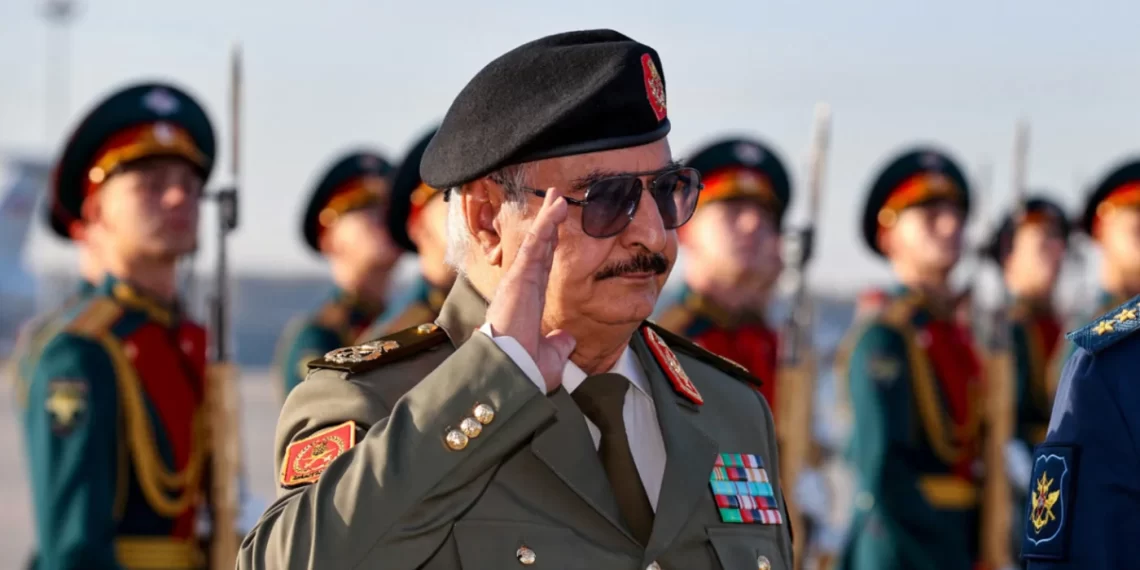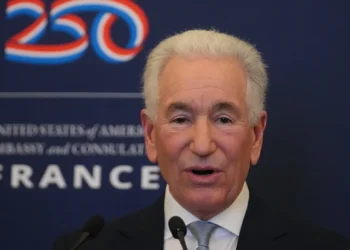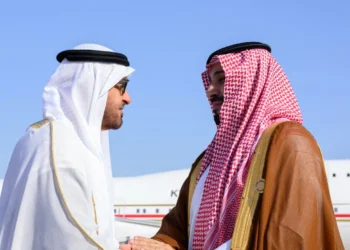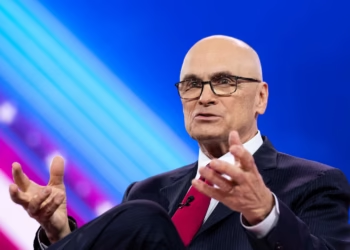CAIRO (Realist English). Egypt has asked the United States to intervene and prevent Libya’s eastern parliament from ratifying a controversial maritime agreement with Turkey, multiple regional sources told Middle East Eye.
According to an Egyptian official, Cairo fears that formal endorsement of the 2019 deal — signed between Ankara and Libya’s former UN-recognised government — could reignite geopolitical tensions in the Eastern Mediterranean at a time when Egypt is already managing fallout from the wars in Gaza and Sudan.
The matter was reportedly raised last month in a phone call between Egyptian Foreign Minister Badr Abdelatty and Massad Boulos, the U.S. senior adviser on Africa. Boulos is said to have pledged to speak directly with Khalifa Haftar, the de facto ruler of eastern Libya, who maintains significant control over the Tobruk-based parliament.
Libyan media reports indicate that a vote on ratifying the 2019 agreement may take place within weeks. The deal would effectively recognize Turkey’s claim to a broad Exclusive Economic Zone (EEZ) across the Eastern Mediterranean — a move that has long angered Greece, Egypt, and other regional players who view it as a direct challenge to their maritime boundaries.
Greece countered the Turkish-Libyan deal by signing its own EEZ agreement with Egypt in 2020. Despite sustained lobbying by Athens and Cairo to block the Turkish pact, Haftar’s circle now appears increasingly open to endorsing it.
One regional source confirmed to MEE that Greek Foreign Minister George Gerapetritis is preparing to visit both Benghazi and Tripoli this week in a last-ditch diplomatic push to prevent ratification.
In June, Libya’s Tripoli-based National Oil Corporation signed an exploration agreement with Turkey’s TPAO, covering four maritime blocs that Egyptian officials claim could infringe on Egypt’s EEZ. Cairo views these developments as a potential shift in the status quo.
The alignment of eastern Libyan factions with Turkey marks a sharp reversal. Ankara had previously supported military efforts against Haftar, deploying arms and mercenaries to defend Tripoli in 2019. But recent moves — including three visits by Haftar’s Libyan National Army (LNA) delegations to Turkey and an April visit to Ankara by Haftar’s son Saddam Haftar — suggest a thawing of ties.
These contacts have alarmed Egyptian officials, who reportedly suspect Saddam of facilitating cross-border raids into Sudan and backing the UAE-aligned Rapid Support Forces (RSF) against the Sudanese army. Egypt and Turkey, despite their rivalry in Libya, both support Sudan’s military leadership in the ongoing conflict.
Egypt shares a long 1,115 km border with eastern Libya and has strategic interests in border security. Earlier this week, President Abdel Fattah el-Sisi hosted both Khalifa and Saddam Haftar in El Alamein to discuss security coordination.
While Libya remains politically fractured and governed by rival power centers in the east and west, recent months have not seen a return to large-scale conflict. Still, the specter of a formal Turkish foothold in eastern Libya — via maritime and energy cooperation — remains a strategic concern for Egypt.
During his first term, President Donald Trump maintained close ties with Haftar, even holding a direct phone call with the Libyan commander amid active conflict. According to earlier MEE reporting, Saddam Haftar met with Boulos in Washington this year and held separate talks with senior U.S. intelligence officials on regional security issues.


















